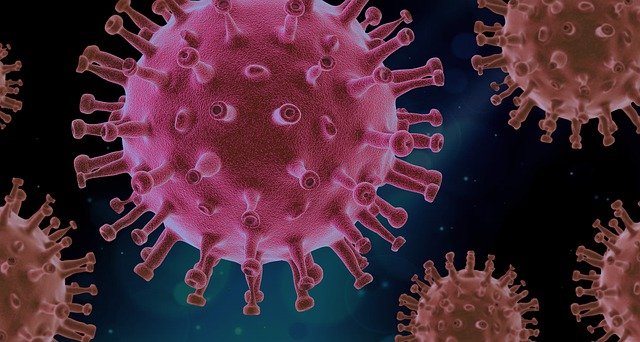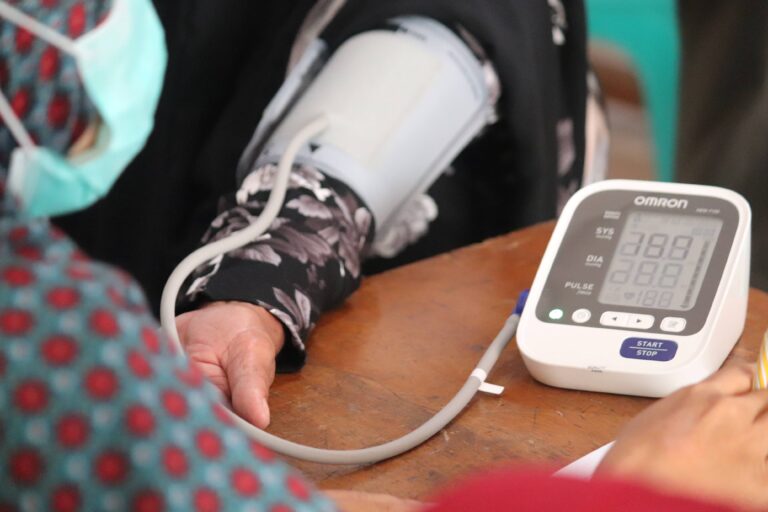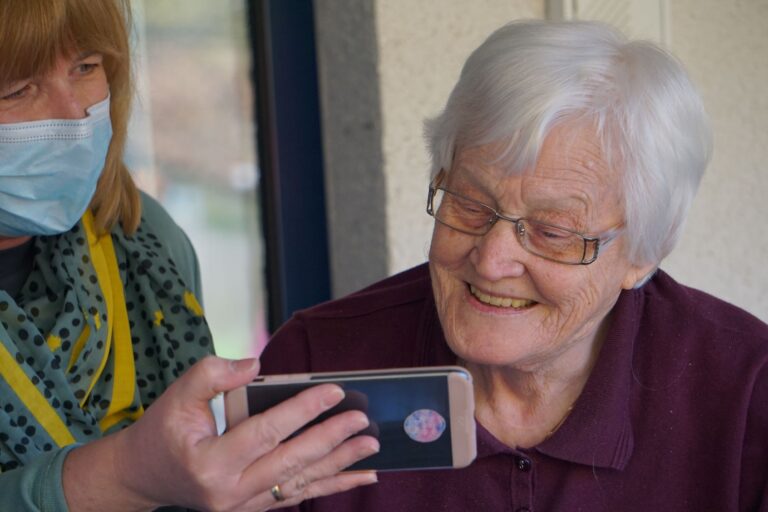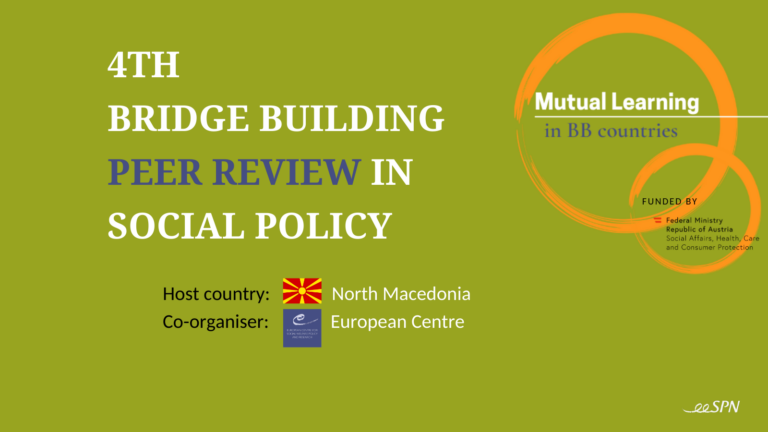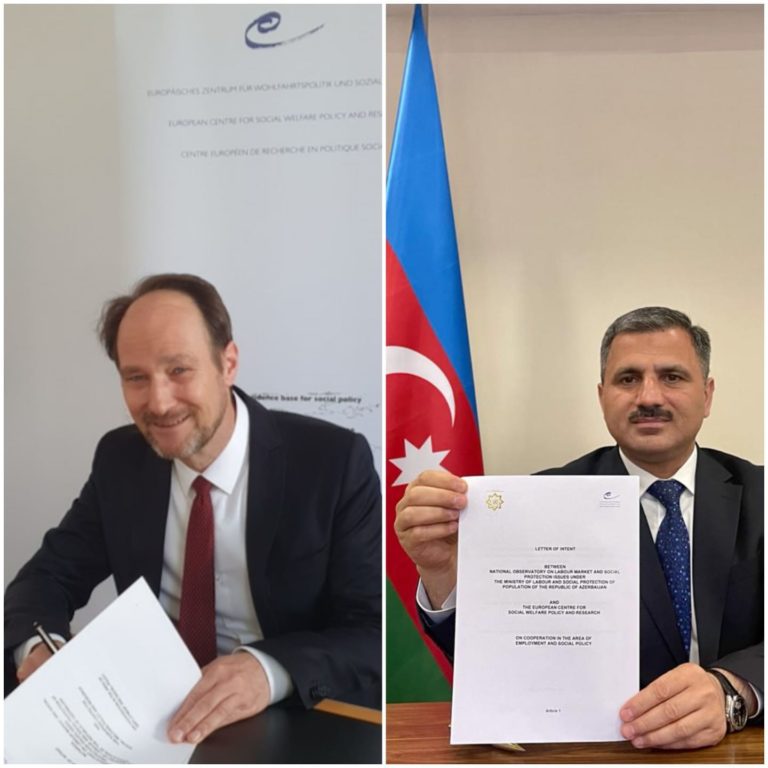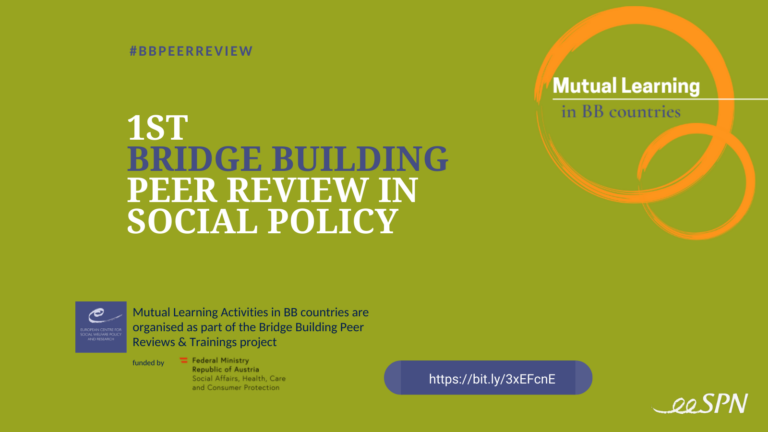North Macedonia: Government’s Response to COVID-19
North Macedonia’s Government Response to COVID-19
Aleksandra Slavkoska & Ana Georgievska (European Centre’s NLO North Macedonia), Ministry of Labor and Social Policy of North Macedonia
Since declaring the existence of a state of emergency on 18 March 2020, the Government of North Macedonia has swiftly introduced a series of temporary measures to prevent and mitigate the negative economic and social consequence of the crisis caused by the COVID-19 pandemics. Until now, in addition to the public health prevention measures, three packages of Governmental measures have been put in use (“Covid1”, “Covid 2”, “Covid 3”) providing financial assistance to companies as direct support with wage subsidies, tax reliefs, credit support, zero interest loans, support to vulnerable households, unemployment measures, support for education, and other additional regulatory and legislative measures allowing bigger flexibility of the existing procedures related to managing economic activities, trade, etc. This article focuses on the employment retention measures, worker protection measures and support for the most vulnerable individuals.
With regard to key measures aimed at protecting jobs, North Macedonia has implemented a set of employment retention measures. The following two measures are by far the most important: Firstly, a wage subsidy covering the net minimum wage (14,500 MKD or 236 EUR) for the months of April and May for eligible firms and workers; and secondly, a social insurance contribution subsidy, covering 50 per cent of actually paid social security contributions, up to a maximum amount of 5,752 MKD (or 94 EUR) for eligible firms and workers, for April, May and June. This amount corresponds to the maximum amount payable on a net wage of 39,900 MKD. This is conditional on retaining the same number of workers until July (for the minimum wage) and until August (for the social contributions).
The lockdown immediately affected some workers, especially those outside the formal economy, as well as some vulnerable categories who were already out of work. In response, the Government introduced a set of measures aimed at protecting those who have lost their jobs and other sources of income, as well as their families. On two occasions, the Government relaxed the eligibility rules for the main instrument providing a social protection floor, that is, the guaranteed minimum income. According to these new rules established by the Decree in April, the status of “materially deprived household” can be conferred already one month after combined household income did not exceed the guaranteed minimum income level—the pre-lockdown requirement was three months. Previously, eligibility criteria excluded any type of property. Currently, guaranteed minimum income applicants may still be eligible even if they own an apartment (which the household uses as primary residence), a car more than five years old and a plot of land for construction not exceeding 500 square metres. In addition, workers who lost their job because of non-performance, left the job of their own accord or were shifted from the “active” to the “passive” register of the Employment Service Agency, have become eligible to apply for the guaranteed minimum income. Guaranteed minimum assistance beneficiaries are at the same time allowed to continue exercising the entitlement to the cash benefit for covering part of their households’ energy consumption costs for the months from April to September 2020.
Moreover, about 17,000 children coming from households that are of guaranteed minimum assistance beneficiaries were provided with access to the entitlement to child and education allowance, with the ultimate goal of alleviating child poverty. School-age children coming from socially insecure families were provided with mobile Internet cards so that they could follow on-line classes.
Importantly, under the “COVID 3” package, the rules governing eligibility of unemployment benefit were relaxed temporarily so that people who have lost their jobs due to COVID-19 between 11 March and 30 April became eligible to claim two-month unemployment benefits regardless of their years of service and the ground for termination of the employment contract.
The Decree with the Force of Law on the Application of the Law on Labor Relations adopted by the Government made it possible for women workers who are absent from work due to pregnancy, childbirth, and parenthood and adoption to continue to receive compensation to salary until the cessation of the interim measures undertaken to prevent the spread of COVID-19. In fact, upon the closure of schools and kindergartens, the first measures taken by the Government of North Macedonia were those aimed at protecting one of the working parents of minors under the age of 10 who need care, pregnant women and chronically ill people. In this regard, the Government instructed employers in the public sector and recommended to private sector employers, for employees who have a minor child up to 10 years of age for whom home care is necessary, that one parent be released from work and work activities and that their absence during this period should be recorded as a justified absence by the employer, while pregnant women and the chronically ill should be released temporarily from work and work activities (that is, not go to work and remain in their homes).
Through the Centers for Social Work, more than 600 packages with protective and hygiene products were provided and distributed to the most vulnerable families, especially those living in substandard conditions. Additionally, in the period from May to July, 4,300 food and hygiene kits are to be distributed to social security beneficiaries, low-income foster families, and families that are guaranteed minimum assistance beneficiaries, who have a child with disabilities in their family.
Furthermore, the elderly and frail, the socially isolated, single parents, and the homeless have been provided with psychological support by telephone every day from 10 am to 2 pm. The Red Cross has established a support line for the purposes of the service for provision of food, hygiene products, and medicines for the elderly, frail, and lonely.
The soup kitchens in the territory of the Republic of North Macedonia continued to work during this period, thus providing the vulnerable groups of citizens with meals or lunch packages. As one way to support the response in terms of the impact of COVID-19 in the country, specific services for delivery of groceries, medicines, raising public awareness for dealing with COVID-19, etc. have been established in the country. In 27 municipalities, people have been engaged to deliver services to 1,500 beneficiaries, that is, mainly to the elderly, persons with disabilities, and other persons exposed to social exclusion.
The Ministry of Labor and Social Policy have provided municipalities with assistance and support to implement the activities aimed at preventing the spread of COVID-19 by hiring 50 people to do public work for a period of one month. What is more, efforts have been made to ensure that the persons engaged in public works are Roma people at social risk.
Many of the most vulnerable Roma families who collect scrap metal and/or plastic bottles (PET), or do other similar activities for their livelihood, have been unable to perform them, which generates a state of helplessness, as well as lack of food and basic means of protection. As an urgent response, they were provided with help in food, disinfectants, and informative materials (leaflets) in Romani language with marked graphically displayed measures for protection against COVID-19. The aid kits were distributed to 80 families.
With the aim of protecting people with disabilities who need to be accompanied, namely, completely blind people, people using wheelchairs, and people with moderate and severe intellectual disabilities, given that they belong to the group of citizens who are at higher risk of developing severe symptoms of COVID-19, the Government adopted a Conclusion that exempts from work public administration employees who need to be accompanied. This measure was also given as a recommendation to the private sector. See more here & here

